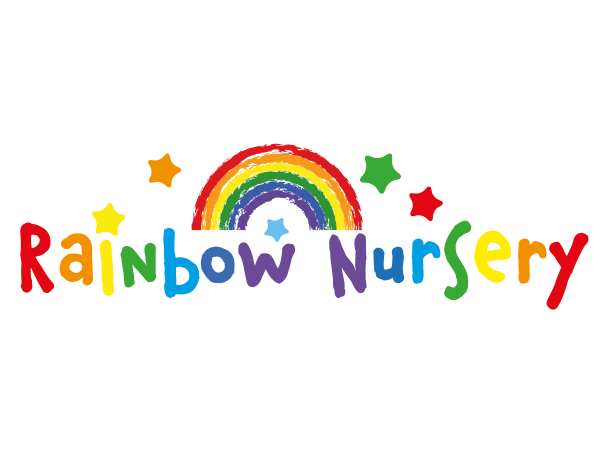Here is an outline of 9 of 92 policies. For full details please contact our senior staff.
Encouraging children to respect others and surroundings – promoting positive, caring and polite behaviour. Self discipline.
Recognising individuality.
Importance of social skills.
Seeing right and wrong.
Staff as role models. Praising the positive.
Working in partnership with parents – consistency.
Designated staff member for behaviour.
No physical punishment or shouting.
Non-aggressive strategies encouraged.
All children treated equally.
Risk assessments if behaviour impacts on others – triggers noted and action plan devised.
Anti-bullying
How the setting abides to health guidelines for helping to prevent the spread of infection.
Steps for administering and storing prescribed medication. Named, dated, clear dosage. Witnessing and paperwork.
Home/setting timing links.
Calpol or similar – in an emergency – with permission, and prescribed, on site.
Staff medication details.
First Aid and Loco Parentis in emergency.
We aim to meet the individual needs of the children in our care. Their welfare is central to our provision.
Having experienced and well qualified staff.
Working with parents and carers
Offering a wide range of experiences
Learning through play
Learning Right and Wrong
Monitoring, tracking and analysing progress
We are an inclusive setting. We abide by availability of places, ratios, and age of child. We will do all practicably possible to enable a child to join our setting if it is the parents’ wish.
Required forms for admission – registration, contract, legal guardianship, induction.
Funding link
Positive eating experiences
Dietary needs and balanced diet
Three week menu – cook observing Safer Food Better Business/Environmental health checks – including storage
Availability of drinking water. Fresh fruit/veg daily.
Multi-cultural/special dietary/food allergies
Snacks. Cultural differences respected.
Social side of sharing a meal. Avoid cross contamination. Staff set good example. Helps independence, making choices, manners. Daily feedback to families. No child alone eating – choking risk. Special occasion cakes allowed – risk assessed.
Basic food hygiene training.
All children have right to reach potential. Positive and welcoming environment.
Working closely with parents and agencies.
Designated SEN Coordinator.
Working to SEN code of practice. Observing and monitoring progress.
Individual Education/Play Plans. Regular reviews.
Supporting and challenging gifted children.
Language Champion involvement
We all learn in different ways. We want all to reach maximum potential. We have a multi-cultural/inclusive society – supporting EAL is very important. We keep personalised records on all children. We adhere to the EYFS. We track individuals and cohorts. Parents are the primary educators of their children – we should work together with them.
Covering our legal responsibilities. Staff and families’ duty of care to the children.
Designated Officer on site, and deputy.
How we safeguard on site.
Contact telephone numbers
Types and indicators of abuse – neglect, physical, emotional and sexual (including exploitation).
Prevent (Radicalisation) Duty
E-safety
How to note, report and follow up concerns
Legal guidelines – EYFS, Health and Safety at Work Act, COSHH, Public Health
Daily room checks
Risk assessments
Safe working practices
Safety and Security – sharp focus
Fire and evacuation procedures
Action plans – return to work, pregnant staff, disabled children/staff.
Abide by infectious diseases guidelines
Hygienic changing facilities
Working with visitors/contractors
Food guidelines – allergies
No smoking on site
First aider always on site (all trained)
